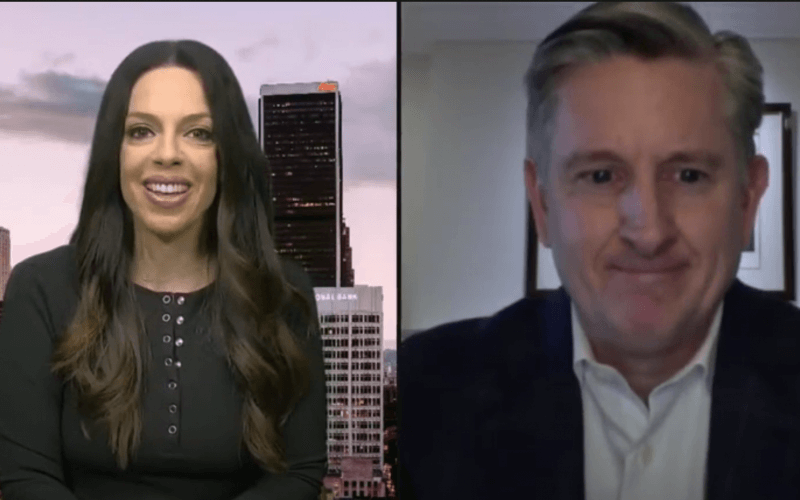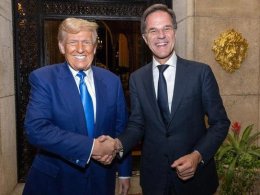If the Biden administration continues on its trajectory to rejoin the 2015 Iran nuclear deal, it will throw away unprecedented leverage earned during the Trump administration, while ignoring key U.S. interests, according to Adjunct Fellow at Hudson Institute and former Senior Director of the National Security Council’s Middle East and North Africa Affairs Robert Greenway.
“Our interests exceed the scope of the nuclear deal…if we don’t account for terrorism, for proliferation, for gross human rights violations, for the unjustly detained…then I think we’re surrendering an enormous amount of leverage for very little gain,” said Greenway on The Foreign Desk with Lisa Daftari podcast Thursday.
Greenway pointed out that if the U.S. ultimately decides to relieve sanctions on Iran, the economic inflow to the regime will not benefit the Iranian people as many critics of the sanctions believe.
Rather, the funds will go directly towards furthering “oppression and regional terrorism” against their own people as well as in places like Yemen and Syria, where human rights violations are rampant.
“Iran doesn’t ship food and wheat to Yemen…It ships weapons, missiles, drones, technology, and advisors. That’s what Iran exports to these countries where human rights abuses are egregious,” says Greenway.
The Biden administration previously promised to pursue a “longer and stronger” deal with Iran; however, Greenway has serious doubts that any weaknesses within the original deal will be rectified.
“If in fact all of the sanctions leverage that we have labored to maintain and establish is surrendered to get compliance with the previous deal, it’s unclear to anyone right now how we’re going to obtain additional concessions with Iran, and frankly, I don’t think that we will.”
Greenway emphasizes that “it’s a shame that historic and unprecedented leverage, twice what was required to get [Iran] to the table in 2015, would be used to go to basically a temporary agreement with significant flaws that we now know Iran has been violating since before they signed the original agreement.”
View the full interview here: https://www.youtube.com/watch?v=cSb8UcI8V7A










